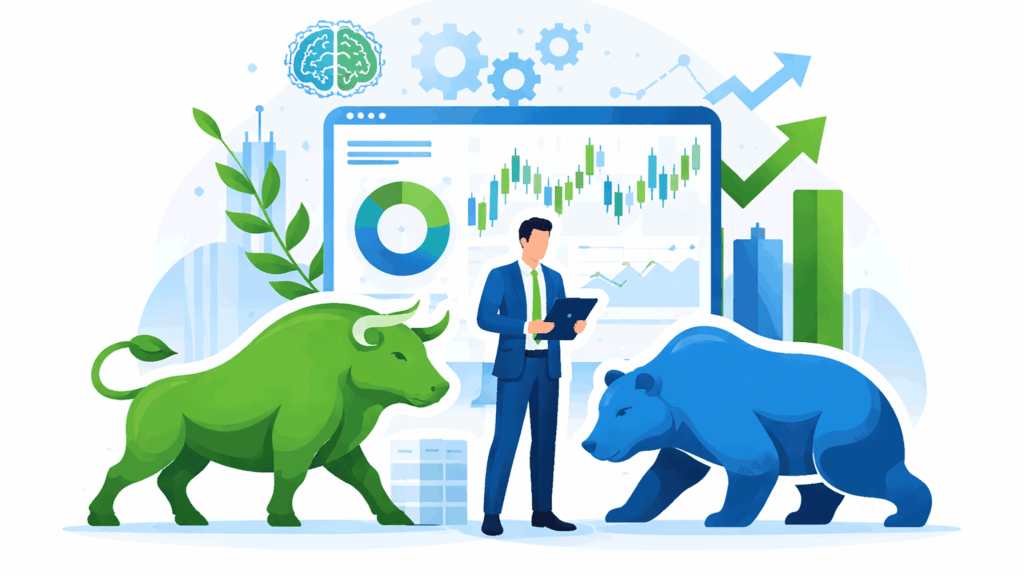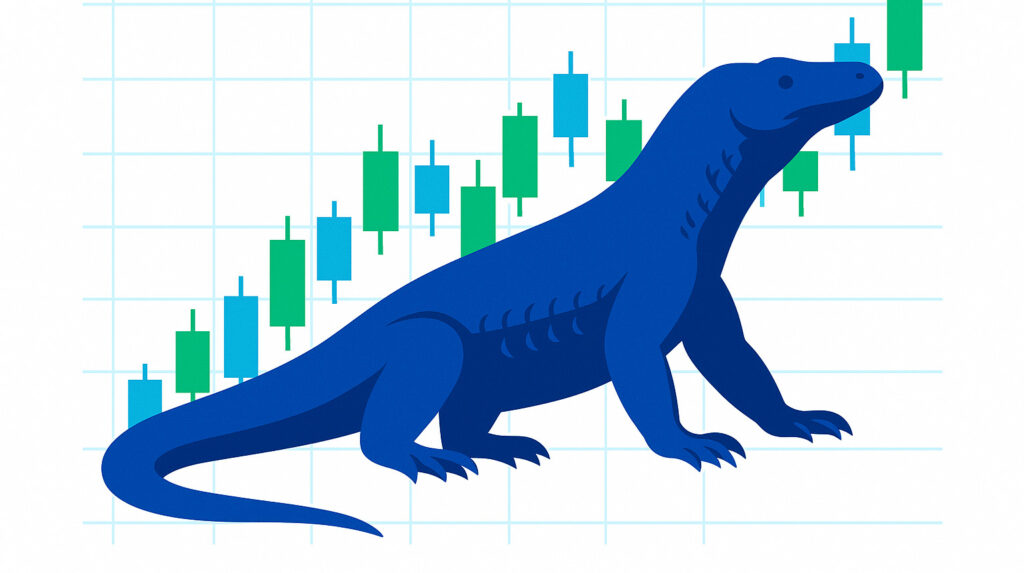I have spent over a decade in the futures industry, so I am accustomed to blank stares when I tell people what I do. Most immediately assume it is too complicated to even try to understand. The ironic thing is that we all intuitively understand them already. We trade them all the time.
We can look at many examples of a futures decision; pre-ordering a book on Amazon, waiting to buy something until it goes on sale, or my favorite example the airplane ticket. Purchasing a seat for a trip has all the characteristics of a futures contract: a defined quantity of an item for a specific future delivery date at a set price. We lock in our cost when we purchase but can look back and see if we truly got the best price. If we buy the day before the flight, we risk a much higher price but could also get a deal.
The critical difference between the examples above and an actual futures contract is the margin (similar to a deposit) and leverage. Imagine if you only had to put 10% of the price down for a ticket, and if the price went up, you could sell it easily at a profit. You could buy ten tickets for the same amount and try to trade the price change. This would expose you to bigger risks (ten times more ticket exposure) and provide the potential for cost savings. If the price increased, you could sell nine tickets at a profit and still make your flight.
This is exactly how futures contracts work. A trucking company might want to hedge its energy costs but not take delivery of thousands of barrels of diesel fuel. Therefore, They can select an amount of diesel fuel at a specific future delivery date at a set price. They put up the margin, which is only a portion of the full amount, and control their full annual usage. If they choose to take delivery, they would have to pay the total amount and take physical possession or simply close the trade for a cash profit or a loss. For every dollar a futures contract moves, one side is paid a dollar, and the other has a dollar subtracted from their account. It is a zero-sum game.
Understanding how to use these characteristics to one’s advantage can provide many opportunities and lead to steep losses if an investor does not know what they are doing. Professional commodity trading advisors (CTAs) aim to help manage this risk, along with brokers who help identify programs that fit your specific needs. Education is always free at IASG. Please reach out if you have questions or want to learn more.



